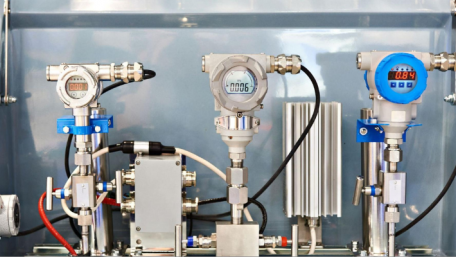
Industrial analog sensor devices primarily use 0-10 volt or 4-20 milliamp. For those mA signals, learn the reasons for why the lower and upper limit standards…
Industrial analog sensor devices primarily use 0-10 volt or 4-20 milliamp. For those mA signals, learn the reasons for why the lower and upper limit standards were determined as 4 mA and 20 mA.
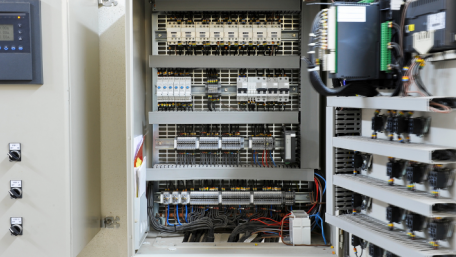
Industrial control panels are at the heart of control systems. Learn about the standards and regulations that dictate…
Industrial control panels are at the heart of control systems. Learn about the standards and regulations that dictate industrial control panel design for safety and efficiency, including NFPA 70, UL 60947-4-1, and NFPA 79.

The control and visualization of power plant processes through SCADA improves the supervision, coordination, and security…
The control and visualization of power plant processes through SCADA improves the supervision, coordination, and security of the power system operations.
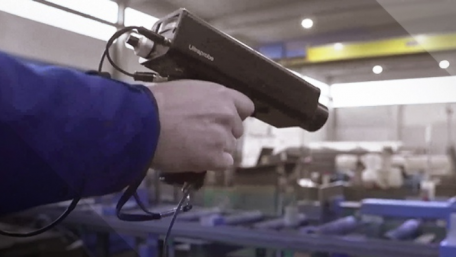
Pressurized gas leaks can sometimes be heard with the human ear, but small leaks with ultrasonic sounds are much more…
Pressurized gas leaks can sometimes be heard with the human ear, but small leaks with ultrasonic sounds are much more difficult to detect. Ultrasonic leak detectors can help to find otherwise undetectable leaks.
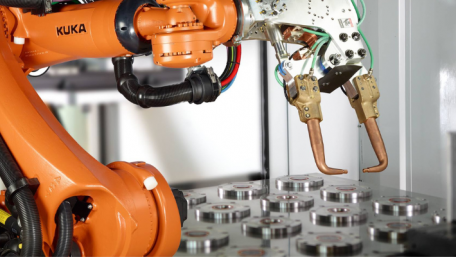
An EOAT, located at the end of an industrial or collaborative robot arm, is entirely customizable with nearly unlimited…
An EOAT, located at the end of an industrial or collaborative robot arm, is entirely customizable with nearly unlimited possibilities. Learn about the five main methods of how EOATs are powered and the sensors that they use.
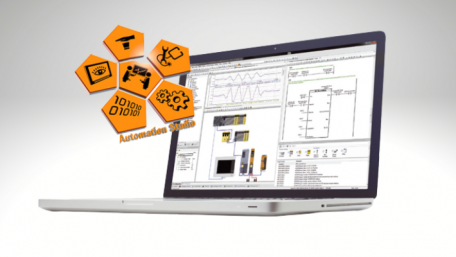
While B&R PLC controllers are quite different from typical PLCs, Automation Studio offers tools and features that make…
While B&R PLC controllers are quite different from typical PLCs, Automation Studio offers tools and features that make programming them less intensive. In this article, we’ll discuss how to program B&R PLCs with Automation Studio.
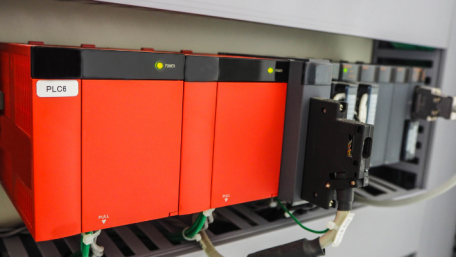
The ability to utilize an array effectively is a fundamental skill in becoming a PLC programmer, but it can also be very…
The ability to utilize an array effectively is a fundamental skill in becoming a PLC programmer, but it can also be very complex and difficult to master. Let’s do a run-down of arrays and some of their complexities!
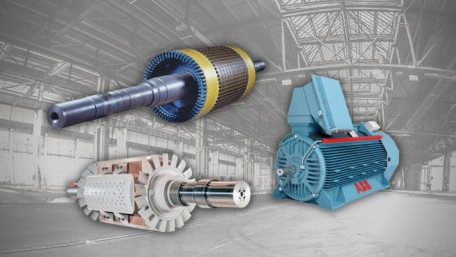
In this article, we will take a look at the differences between synchronous and induction motors, as well as the two…
In this article, we will take a look at the differences between synchronous and induction motors, as well as the two types of induction motors: squirrel cage and wound rotor.
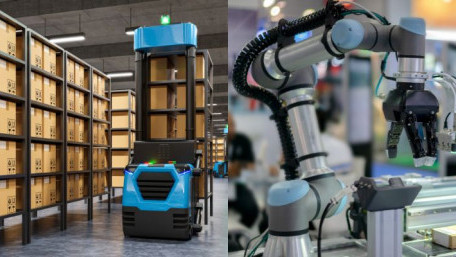
Robots are no longer unanimously just "robots"—there are specific tasks and functionality of each kind. Learn about the…
Robots are no longer unanimously just "robots"—there are specific tasks and functionality of each kind. Learn about the technology differences between fixed-location robots and mobile robots and why no one robot is like another.

Any machine can become a source of elevated temperature, even under regular operation. We cannot assume that temperature…
Any machine can become a source of elevated temperature, even under regular operation. We cannot assume that temperature problems occur only based on climate conditions, and mitigation steps must be employed.
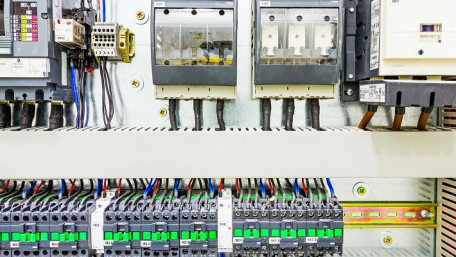
When selecting the right module for the right load, be sure to understand how the load resistance will affect the voltage…
When selecting the right module for the right load, be sure to understand how the load resistance will affect the voltage and current of the output module terminals.

The diverse power terms in electrical generation systems include active, reactive, and apparent power, all of which lead…
The diverse power terms in electrical generation systems include active, reactive, and apparent power, all of which lead to the introduction of ‘power factor’ effectiveness in an AC circuit.
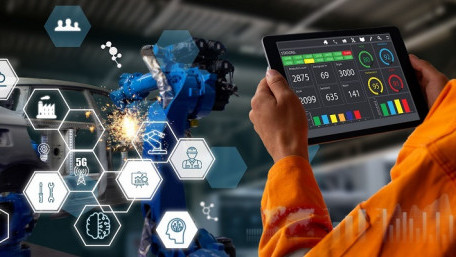
Over the last decade, cloud service providers have improved technology, particularly data security and integrity. These…
Over the last decade, cloud service providers have improved technology, particularly data security and integrity. These remain the top concern of many manufacturing businesses, but as improvements are rolled out, more and more companies are adopting cloud solutions.
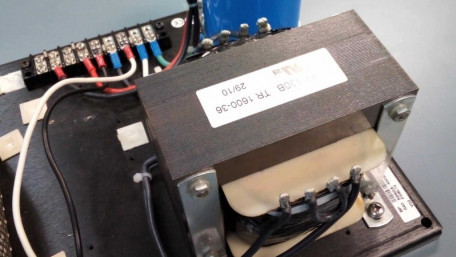
Grounding transformer connections presents its own set of challenges. This article addresses these challenges and several…
Grounding transformer connections presents its own set of challenges. This article addresses these challenges and several common configurations for control transformer grounding.

Learn about power side and ground side switching and how designing these circuits to have predictable failures from the…
Learn about power side and ground side switching and how designing these circuits to have predictable failures from the beginning helps in system maintenance and troubleshooting.
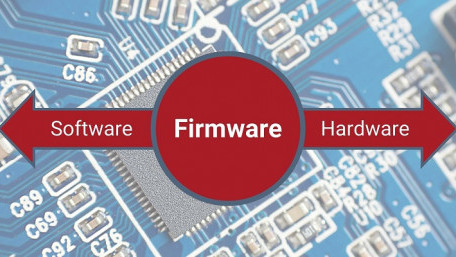
Inside a controller, code is interpreted into the binary signals that influence input and output signals, flags and…
Inside a controller, code is interpreted into the binary signals that influence input and output signals, flags and registers, and even the communication of network signals. This is the job of firmware.
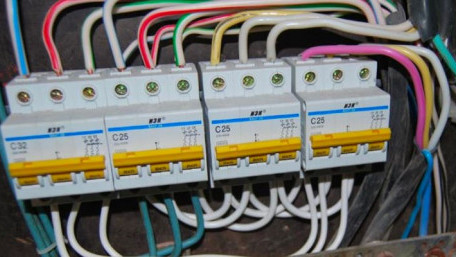
Fuses and breakers are some of the most common safeguards to prevent electrical shock and fires. Learn about these two…
Fuses and breakers are some of the most common safeguards to prevent electrical shock and fires. Learn about these two pieces of industrial equipment and the difference between slow blow and quick blow responses.
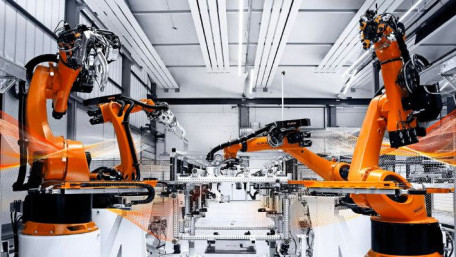
The world of manufacturing is filled with robots, but beginners are still always faced with key questions, starting with…
The world of manufacturing is filled with robots, but beginners are still always faced with key questions, starting with perhaps the most basic: how do you program industrial robots?

Centralized control systems are often seen as outdated compared to decentralized systems; however, both have their…
Centralized control systems are often seen as outdated compared to decentralized systems; however, both have their advantages and disadvantages when it comes to choosing which one to use in manufacturing.
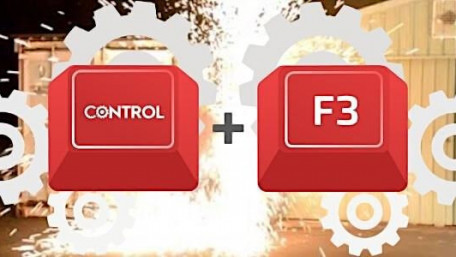
The CTRL F3 series reviews field studies and failures in the field focused on control fails, fixes, and facts. This…
The CTRL F3 series reviews field studies and failures in the field focused on control fails, fixes, and facts. This article covers an explosion at an industrial sawmill.
